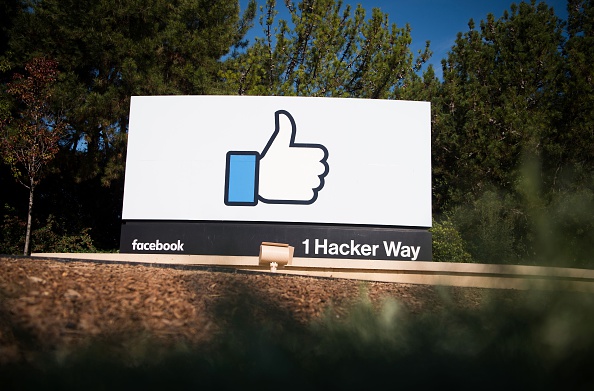Facebook users were much more engaged with fake election news than real news before the election


A free daily email with the biggest news stories of the day – and the best features from TheWeek.com
You are now subscribed
Your newsletter sign-up was successful
Facebook CEO Mark Zuckerberg may be right that it's "extremely unlikely" fake news and hoax news on his social network affected the results of the U.S. presidential election, but it also appears true that, as some Facebook employees attest, Facebook has a fake-news problem. During the crucial final three months of the election, the top 20 fake election articles on Facebook generated more engagement — shares, likes, comments — than the 20 best-performing election articles from legitimate news sites, according to a BuzzFeed analysis.
The top 20 fake and hoax election stories generated a combined 8.7 million shares, likes, and comments in the final three months of the campaigns, while the top election stories and op-eds from The Washington Post, The New York Times, NBC News, The Wall Street Journal, CNN, USA Today, and other purveyors of reported news earned 7.4 million reactions. The clear winner was Ending the Fed, a website that was registered in March and doesn't list an owner. That site notched four of the top 10 fake election stories on Facebook, with a false story about Pope Francis endorsing Donald Trump taking the top overall spot; combined with hoax articles about Hillary Clinton selling weapons to ISIS, Clinton being disqualified to run, and FBI Director James Comey getting millions from the Clinton Foundation, the four fake articles generated nearly 3 million engagements in three months.
All but three of the top 20 fake election news articles were pro-Trump or anti-Clinton. "I'm troubled that Facebook is doing so little to combat fake news," Dartmouth political scientist Brendan Nyhan tells BuzzFeed News. "Even if they did not swing the election, the evidence is clear that bogus stories have incredible reach on the network. Facebook should be fighting misinformation, not amplifying it." Facebook pushed back, telling BuzzFeed that engagement does not equal traffic. "It may seem like the top stories get a lot of traction, but they represent a tiny fraction of the total," a Facebook spokesman said. Facebook and Google took steps this week to tamp down on fake news.
The Week
Escape your echo chamber. Get the facts behind the news, plus analysis from multiple perspectives.

Sign up for The Week's Free Newsletters
From our morning news briefing to a weekly Good News Newsletter, get the best of The Week delivered directly to your inbox.
From our morning news briefing to a weekly Good News Newsletter, get the best of The Week delivered directly to your inbox.
A free daily email with the biggest news stories of the day – and the best features from TheWeek.com
Peter has worked as a news and culture writer and editor at The Week since the site's launch in 2008. He covers politics, world affairs, religion and cultural currents. His journalism career began as a copy editor at a financial newswire and has included editorial positions at The New York Times Magazine, Facts on File, and Oregon State University.
